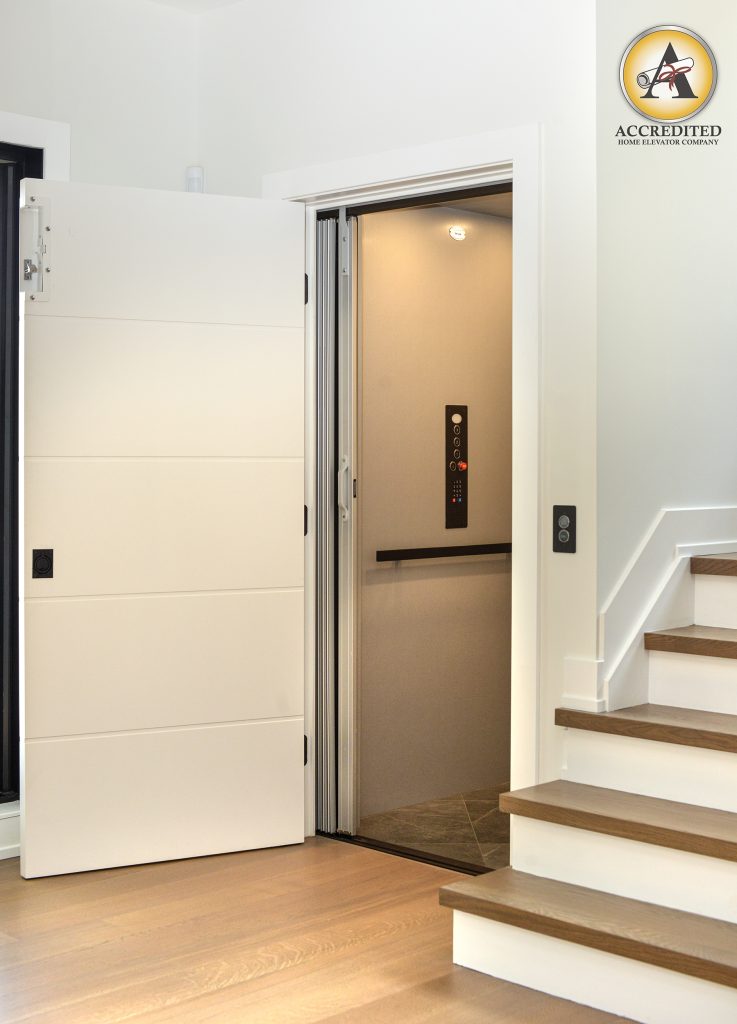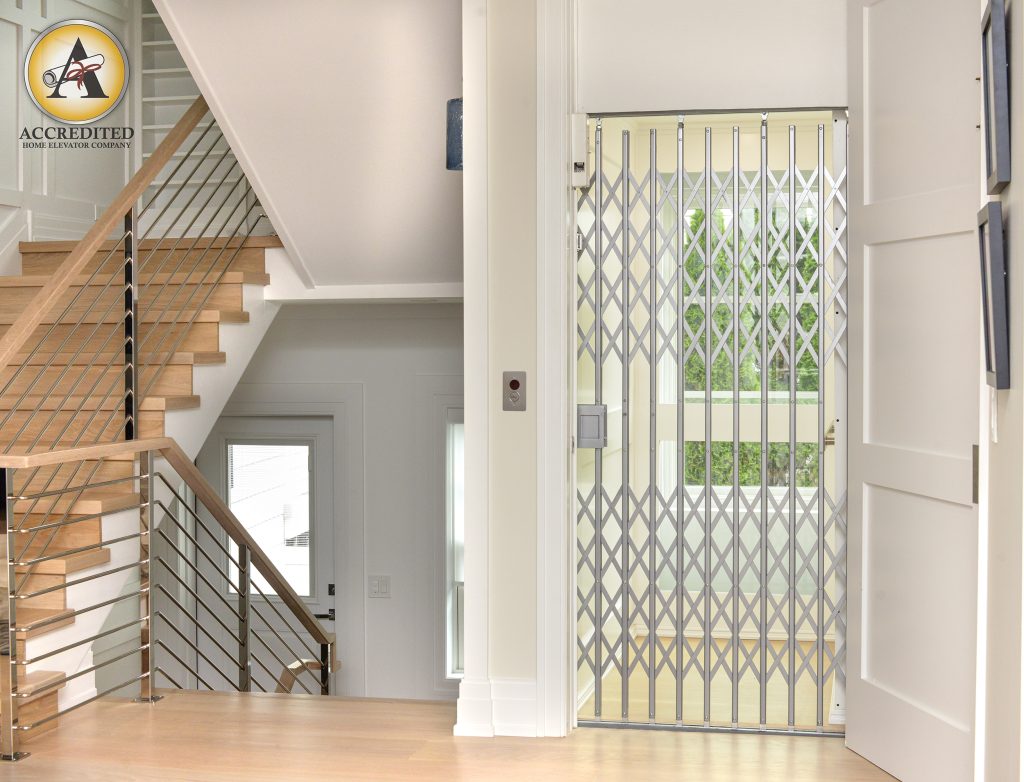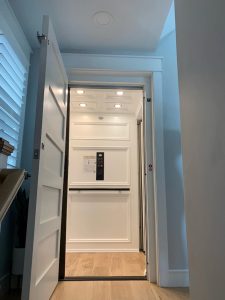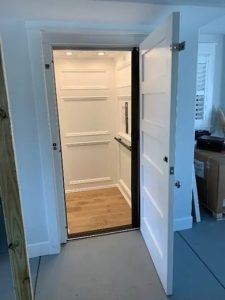
Elevators are critical components in many buildings, ensuring smooth and efficient vertical transportation. Whether in residential or industrial settings, a malfunctioning elevator can lead to significant inconvenience, potential safety hazards, and even costly repairs if not addressed promptly. In addition to routine maintenance, making timely elevator improvements to the lift system can help enhance safety, boost efficiency, and extend the lifespan of the equipment. As a building owner or manager, recognizing the early signs that your elevator needs immediate repair or modernization is essential to avoid accidents, maintain reliable operation, and ensure your system is up-to-date with the latest safety and performance standards. Below are several key warning signs to look out for that indicate your elevator requires urgent attention.
Unusual Noises
Elevators typically operate quietly, with only the sound of the motor or cables moving in the background. If you begin to notice unusual sounds such as grinding, screeching, or clanking, this could be a red flag. These noises often indicate mechanical issues within the pulley system, motor, or other internal components. A grinding sound, for example, could signal that the parts are not lubricated properly or that the gears and cables are worn out. Addressing these noises promptly can prevent a complete system failure.
Frequent Breakdowns or Stalling
An elevator that frequently breaks down or stalls is a clear indication that something is wrong. This could stem from issues with the electrical system, worn-out cables, or problems with the control system. If the doors fail to open or the cabin stalls between floors, this not only creates frustration for passengers but can also present safety risks. Passengers might become trapped, and frequent malfunctions increase the likelihood of more serious breakdowns. If breakdowns are becoming more frequent, it’s time to call a technician for a thorough inspection and repair.
Irregular Movements and Shaking
Lift systems are designed to offer a smooth ride. If it starts to jerk or shake during operation, this is a sign that something is wrong with the braking system or the suspension system. Irregular movements such as sudden jolts, stopping, or skipping floors can create a scary experience for passengers and indicate that the mechanical systems are malfunctioning. These irregular movements might be caused by misaligned rails, worn-out belts, or faulty motors, all of which require immediate attention to avoid catastrophic failure.
Slower Than Normal Speed
A noticeable decrease in the speed of the elevator is another major warning sign. If it seems like the elevator is taking longer than usual to travel between floors, this could indicate problems with the motor, cables, or control system. Slow performance could be caused by outdated parts, worn mechanisms, or even issues with the power supply. Slow movement often leads to higher energy consumption and could be an early warning of a potential future breakdown.
Malfunctioning or Unresponsive Buttons
When floor buttons don’t work as they should, it’s a sign of either an electrical issue or a faulty control panel. If the floor buttons are unresponsive, the elevator fails to stop at the requested floors, or there’s a delay in response when buttons are pressed, these issues need to be addressed immediately. Malfunctioning buttons can confuse and inconvenience passengers and indicate deeper system malfunctions that require a professional repair service.
Strange Odors
Strange odors, such as the smell of burning rubber, oil, or electrical wiring, are serious warning signs of a problem within the system. These odors often suggest overheating parts, such as a malfunctioning motor, worn-out cables, or faulty wiring. Ignoring such smells could lead to further damage to the electrical system and potentially cause a fire. If you detect a burning smell, it’s vital to shut down the elevator immediately and call for emergency repair services to avoid a potentially dangerous situation.
Unlevel Stops
One of the most apparent signs that your elevator needs immediate repair is when the lift doesn’t stop level with the floor. If the elevator cabin is either too high or too low when it reaches a floor, this poses a significant safety risk for passengers, who may trip or fall while entering or exiting. Unlevel stops can result from issues with the braking system, worn-out cables, or misaligned doors. Prompt attention is essential to prevent accidents and ensure safe operation.

Doors Not Operating Properly
The doors are one of its most important safety features, preventing passengers from falling into the lift shaft. If the doors take longer to open or close, hesitate before closing, or fail to close entirely, this is a major problem that requires immediate attention. Door issues can result from malfunctioning sensors, misaligned tracks, or faulty motors. Improper door functioning is not only inconvenient but can also lead to serious injuries if the problem escalates.
Inconsistent or Flickering Lights
Lighting issues inside the elevator, such as flickering or dim lights, may indicate electrical problems. While lighting issues might seem minor, they can be a sign of a larger electrical issue within the system, such as wiring faults or power supply problems. Addressing these issues early is crucial, as electrical faults can lead to more serious malfunctions if not repaired.
Exceeding Its Lifespan
Finally, even if a lift system appears to be functioning well, if it’s nearing or has exceeded its recommended lifespan (usually around 20-25 years), it’s time to consider repairs or even a full modernization. Older elevators are more prone to frequent breakdowns and safety risks due to outdated technology and worn-out parts. Investing in timely repairs and upgrades will not only enhance safety but also improve the elevator’s efficiency and performance.
Conclusion
Elevator maintenance is not something to overlook. By recognizing the warning signs early and taking swift action, you can prevent costly repairs, enhance the longevity of your elevator, and most importantly, ensure the safety of all users. If you notice any of these signs—unusual noises, slow performance, or irregular movements—it’s essential to contact a professional elevator technician immediately for an inspection and repair. Regular maintenance and timely repairs will keep your elevator running smoothly and safely for years to come.




